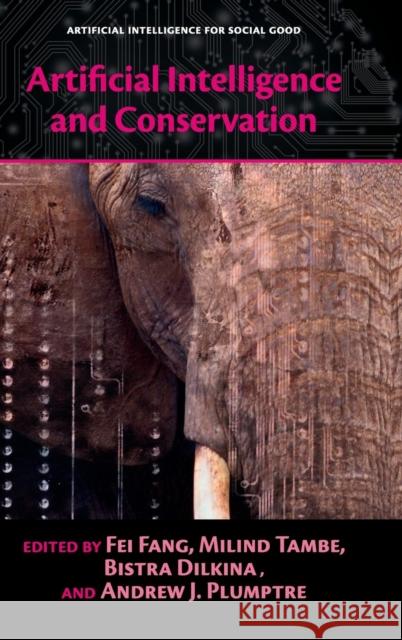Artificial Intelligence and Conservation » książka
topmenu
Artificial Intelligence and Conservation
ISBN-13: 9781316512920 / Angielski / Twarda / 2019 / 246 str.
Artificial Intelligence and Conservation
ISBN-13: 9781316512920 / Angielski / Twarda / 2019 / 246 str.
cena 537,73
(netto: 512,12 VAT: 5%)
Najniższa cena z 30 dni: 533,38
(netto: 512,12 VAT: 5%)
Najniższa cena z 30 dni: 533,38
Termin realizacji zamówienia:
ok. 16-18 dni roboczych.
ok. 16-18 dni roboczych.
Darmowa dostawa!
Explains how artificial intelligence methods can be used to aid conservation of wildlife, forests, coral reefs, rivers, and other natural resources.











